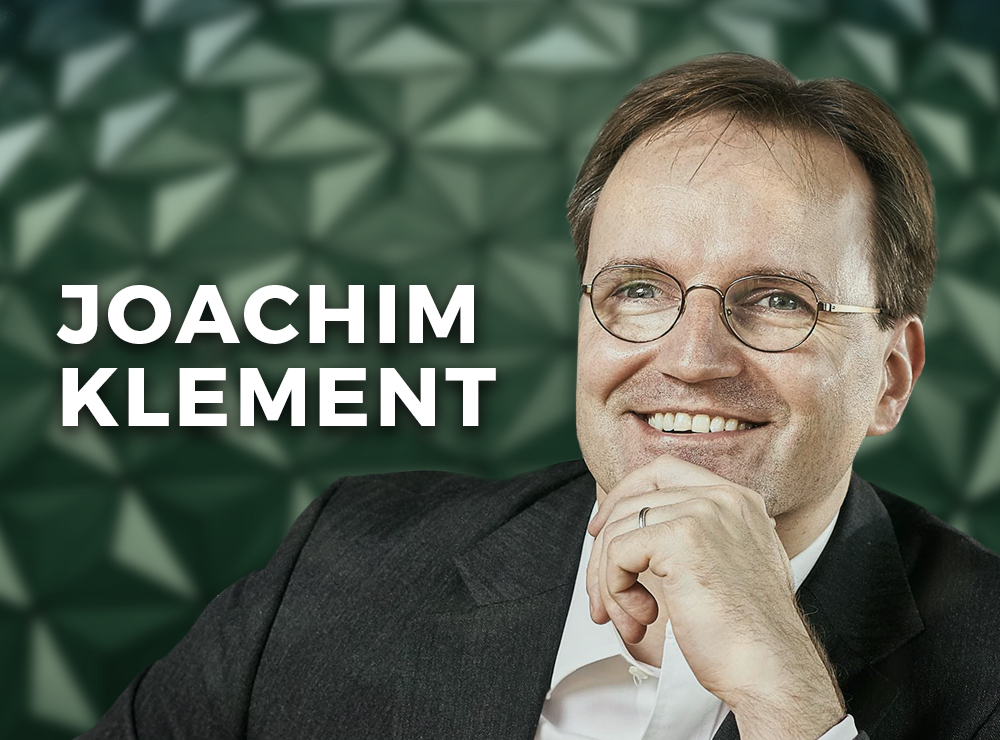
By JOACHIM KLEMENT
Note: This post is the result of a conversation I had with Preston McSwain. We found it so interesting that we decided to work on a post together. We hope you enjoy it.
“If you are a smart and experienced investor you know there it always a ‘but’ somewhere.”
— Joachim Klement
“You need to have a margin of certainty and understand your odds of being wrong. Paraphrasing Warren Buffett, an opportunity has to be both important and knowable to be actionable.”
— Preston McSwain
This was part of an exchange that the two of us had on a call. The candid conversation about our shared investing experiences from different parts of the world was actionable — it sparked this joint post.
Knowledge has never been fixed and we now live in a world where knowledge, and the sharing of it, is growing exponentially.
In the investment world, this makes markets more competitive than ever. Information is shared freely and globally — often literally in microseconds. To have an edge, you need to be certain that you have better information than hundreds of thousands of extremely well-educated and well-resourced investment professionals from around the globe. Your margin of certainty needs to be high and is only growing higher.
There is always a “but”
If you are a smart and experienced investor, you know that no matter what you do, there is always a “but” somewhere. Every time an investor buys a stock, publicly or privately, somebody else must sell it to you — it is literally like an auction. The “but” is that when you buy, you just paid more for it than someone else thought it was worth.
A level of uncertainty will always exist and analysis paralysis is a problem. Decisions need to be made and mistakes will be made.
Over our investment careers, which both span over 30 years, we’ve just experienced this spin on an old Wall Street saying all too often: “Always confident but often wrong.”
When making changes or trades, decisive action is important. The trick is to not become overconfident.
Human nature being what it is, we tend to become more certain of our decision once we have made it. As with many things, this can put a person in a corner when investing – investors get anchored and cognitive dissonance can kick in.
Trapped in a corner
History is filled with investors getting trapped in a corner. As an example, earlier this year many realized that COIVD is important. Because of this, it’s importance, some investors took action to sell stocks to avoid what they thought would be a long-lasting bear market. The problem was that the length of the bear market, which was largely already well developed by the time many sold, was not knowable.
Without fully understanding all the issues surrounding COVID, all areas of the economy that would be impacted by it, and how various segments of the market would trade, and for how long, did many sell too much in an effort to be avoid “certain” losses?
I wonder how many investors who sold got trapped in a corner and never got back into the market — missing out on one of the largest positive runs in market history?
Never be too certain
When it comes to investing, being overconfident and reaching for a big upside win or downside protection save can be costly.
Investing involves risk and we aren’t suggesting that you don’t keep your eyes open for rewarding opportunities.
Just make sure you are never too certain you are right.
Ask yourself, what can happen if I am wrong?
Understand your margin of certainty. Don’t put yourself into a corner that you cannot get out of.
JOACHIM KLEMENT is a London-based investment strategist. This article was first published on his blog, Klement on Investing.
Joachim is a regular contributor to TEBI. Here are some of his most recent articles:
How hard is it to find the next Amazon?
Practitioners still pay too little attention to academia
Stocks have lagged bonds since 1970. Why?
No more room at the factor zoo
Boohoo teaches ESG investors a lesson
Stop admiring your successful trades
FIND AN ADVISER
The evidence is clear that you are far more likely to achieve your financial goals if you use an adviser and have a financial plan.
That’s why we’re now offering a service called Find an Adviser.
Wherever they are in the world, we will put TEBI readers in contact with an adviser in their area (or at least in their country) whom we know personally, who shares our evidence-based investment philosophy and who we feel is best able to help them. If we don’t know of anyone suitable we will say.
We’re charging advisers a small fee for each successful referral, which will help to fund future content.
Need help? Click here.








